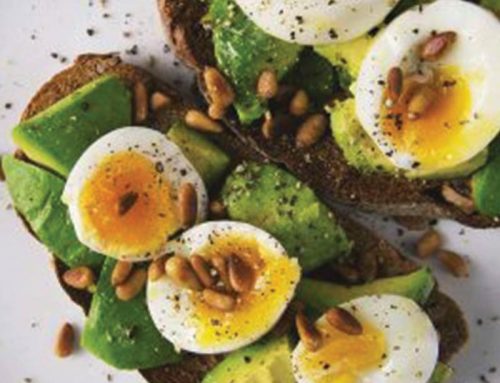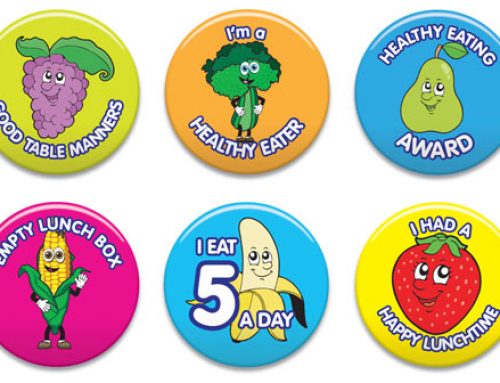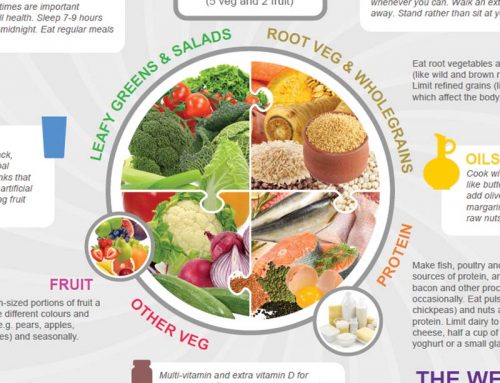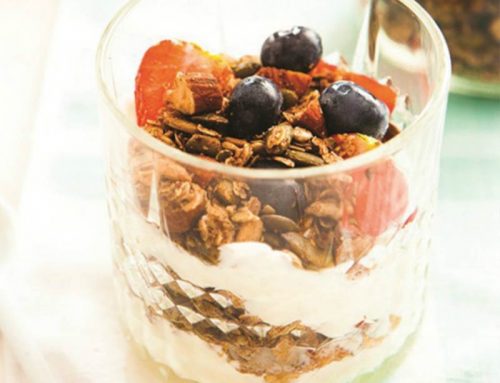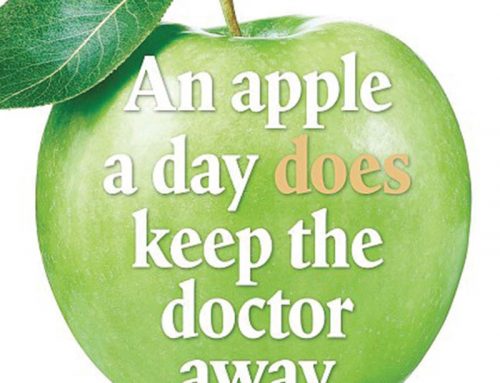Protein is good….carbs are bad. Carbs are bad….protein is good. Low fat is good….low fat is bad. Wine is good….wine is bad. It’s no wonder many people struggle to see through the mass of conflicting advice, old wives tales and health myths out there. That’s why I’m here to do it for you! Here, I expose 10 of the most common nutrition and diet myths and reveal the truth…
Brown Sugar is healthier than white sugar
It’s often said that brown sugar is a healthier option than white sugar. But the truth is that we are simply falling for clever marketing or happily fooling ourselves. In reality, the brown sugar you’ll find in supermarkets and cafes is usually ordinary table sugar that is turned brown by the reintroduction of molasses. Because of its molasses content, brown sugar does contain minute amounts of minerals. But, unless you eat a gigantic portion of brown sugar every day (not recommended), the mineral content difference between brown and white sugar is pretty insignificant.
Your ‘5 a Day’ can come from either fruit or vegetables
Many people confuse this generalised recommendation because fruit and vegetables tend to get clumped together into the one category. Your ‘5 a Day’ should be made up of BOTH fruit and vegetables not just one or the other. Ideally, a heavier emphasis should be placed on vegetables. Clients often tell me they get their ‘5 a Day’ but when I ask them which vegetables they choose they say none which means they are missing out on all the powerful nutrients that vegetables have to offer. I must also stress that five a day is the bare minimum needed for optimal health and disease prevention.
Eggs raise cholesterol levels
Dietary cholesterol found in eggs has little to do with the amount of cholesterol in your body. Eggs contain relatively small amounts of saturated fat. One large egg contains about 1.5g of saturated fat which isn’t high. Eggs are often served with other high-fat foods such as butter, cheese, or fried with bacon and sausage which is why they are often associated with high fat. Eggs are extremely nutritious so go ahead and enjoy them, guilt-free. Boiling or poaching is best and yes, an egg a day is ok!
Coffee helps you lose weight
Yes, coffee can raise the metabolism slightly but it also depends on how you take it.
Many of us think nothing of downing a couple of lattes per day and then wonder why our weight loss efforts aren’t working. Remember the average latte contains around 200 calories, if you consume two a day that’s as many calories as you’d find in a large croissant! Also caffeine affects cravings for food particularly the sweet variety. So if you’re wondering why you are craving chocolate this afternoon, it could have something to do with that coffee you drank with lunch.
Jellies are low fat so wont cause weight gain
Fruit Jelly or Jelly sweets may be low in fat but they are packed with sugar which is one of the biggest contributors to weight gain. If you look at the ingredients list on your pack of jellies you’ll see that sugar is top of the list – remember, the ingredient listed first is present in the largest amount! The average tube of jellies contains approximately 7 teaspoons of sugar. Many jelly companies advertise themselves as healthy by making claims such as ‘Fat Free’, ‘Natural’, ‘High in fruit’ – don’t fall for it!
Red Meat is bad for your health
Most of the ill effects which are associated with red meat have more to do with the quality of the meat, quantity consumed and how it is cooked rather than just simply having red meat in your diet. Red meat is not unhealthy if it is raised naturally and if consumed in moderation. In fact, it has many benefits. It contains the most absorbable form of iron and is also high in B vitamins. Naturally raised cattle tend to be leaner and have more Omega 3 fatty acids than their antibiotic and hormone fed counterparts. When it comes to meat go for quality over quantity – organic lean red meat once or twice per week is fine but avoid processed meats altogether.
Never Snack in-between meals
On the contrary, five or six small meals are better than three big meals.
When we eat small, regular meals the body is better able to digest and to make effective use of the nutrients within the food. Even more crucially, this regular intake of calories balances our blood sugar levels, which means we have more energy and are less likely to feel moody due to sugar highs and lows. An example of a small meal might be hummus with vegetable crudités and a couple of oat cakes.
Fruit Juices are super healthy
Whilst fruit is extremely nutritious it also contains a significant amount of sugar.
This type of sugar is natural and gives us energy but if we consume too much, it can lead to energy dips and weight gain. When a fruit is juiced, the fibre and pulp are left behind during the juicing process. It’s the fibre in fruit which helps slow down the absorption of sugar and also keeps our bowel and gut healthy. So, glugging your way through a carton of fruit juice can give you a sugar hit but then a subsequent sugar crash. In general, it’s best to stick to whole fruits or else opt for juices that combine both fruit and vegetables.
We need 3 portions of dairy per day
This way of thinking comes from outdated food pyramids and guidelines supplied by dairy boards. The fact is that whilst children and teenagers may need this amount of dairy for calcium, the majority of us adults do not. Dairy products can be beneficial to health when consumed in moderation but many of us over consume dairy in this country leading to a variety of digestive, skin and sinus complaints. There are many other ways to keep our bones healthy, they include avoiding the ‘S’ words: smoking, stimulants, sugar, salt and stress which all leech calcium from the body. Good non dairy sources of calcium include tinned sardines, nuts, seeds, pulses and green leafy vegetables.
Women need 2000 calories per day
2,000 is the recommended daily amount of calories the food industry recommends for women. However, this is not to say that you should aim to eat that amount – the truth is that your body might need more or less than 2,000. Height, weight, gender, age and activity level all affect your caloric needs. For example a female athlete in her early 20s who is training rigorously for a marathon may need more than 2,000 calories whereas a 40 year old woman who never exercises, works at a desk all day and spends her evenings in front of the television may well need less.


